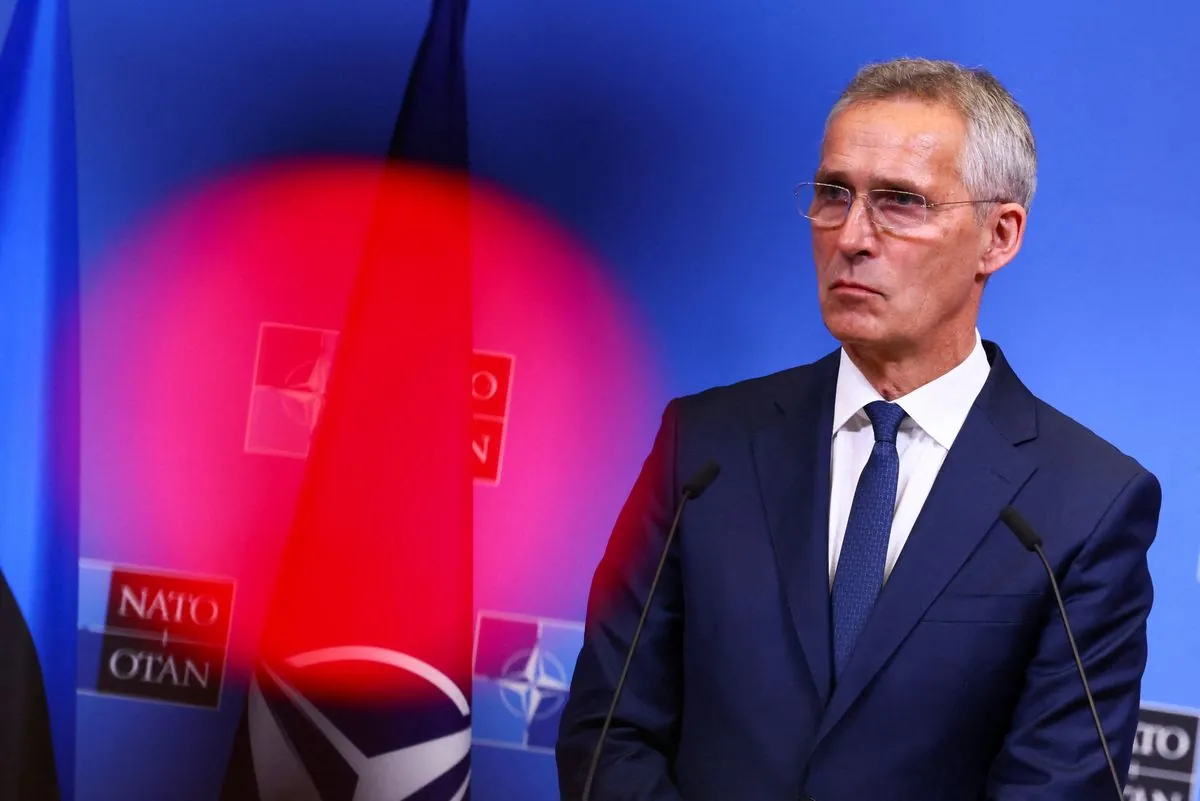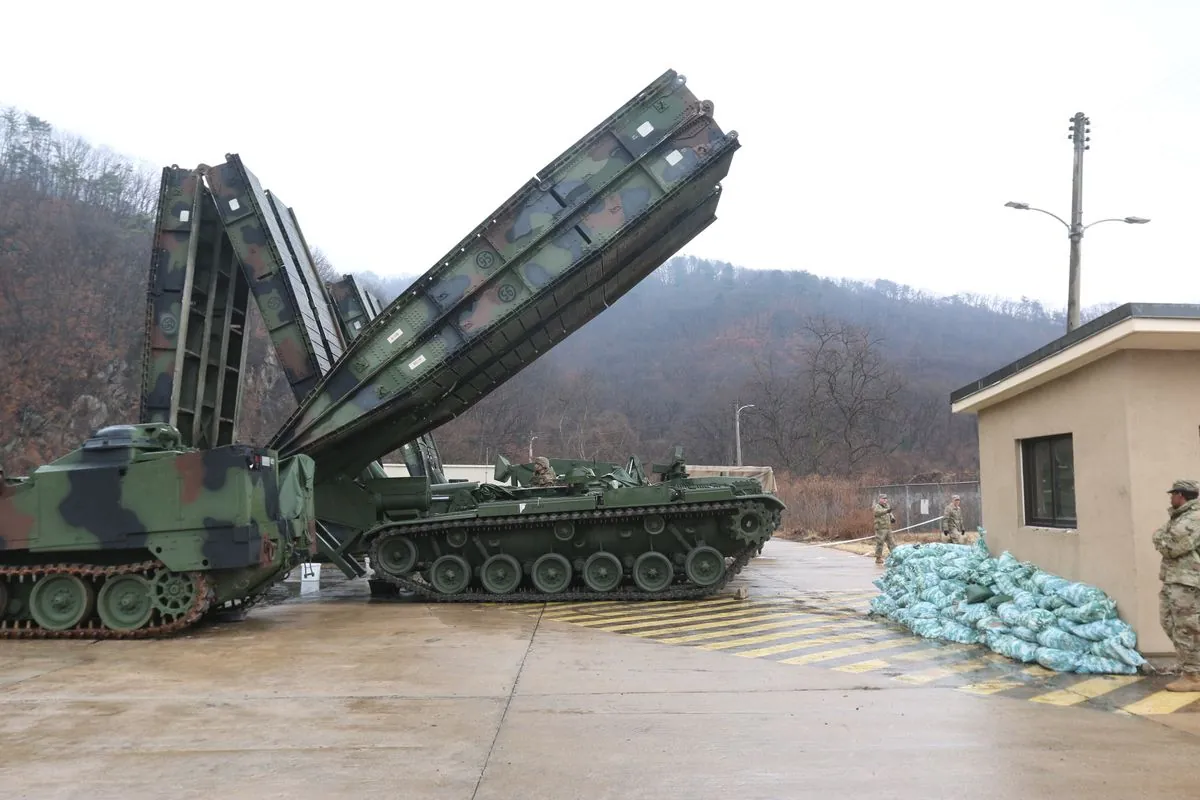NATO Chief Reflects on Ukraine Support Before Stepping Down
Outgoing NATO Secretary General Jens Stoltenberg suggests the alliance could have done more to arm Ukraine before Russia's 2022 invasion. He emphasizes the need for negotiations to end the conflict.

Jens Stoltenberg, the outgoing Secretary General of NATO, has expressed regret over the alliance's initial hesitation to provide military assistance to Ukraine prior to Russia's full-scale invasion in 2022. In a recent interview, Stoltenberg reflected on NATO's approach to the conflict and its potential consequences.
NATO, founded in 1949 with 12 original members, has grown to include 31 countries as of 2024. The organization, which operates on the principle of collective defense, has been a key player in supporting Ukraine since the onset of hostilities.
Stoltenberg noted that NATO's initial reluctance to supply weapons stemmed from concerns about escalating tensions with Russia. However, once the conflict began, alliance members swiftly provided various military systems to support Ukraine's defense efforts.

The Norwegian diplomat, who has led NATO since 2014, is set to step down from his position in October 2024. During his tenure, NATO has faced numerous challenges, including the ongoing conflict in Ukraine and the need to adapt to evolving security threats.
"To end this war there will have to be again dialogue with Russia at a certain stage. But it has to be based on Ukrainian strength."
Stoltenberg emphasized the importance of negotiations in resolving the conflict, but stressed that any dialogue with Russia must be conducted from a position of Ukrainian strength. This approach aligns with NATO's commitment to supporting Ukraine's sovereignty and territorial integrity.
Throughout its history, NATO has been involved in various military operations, including interventions in Bosnia and Herzegovina, Afghanistan, and Libya. The alliance has also adapted to address new security challenges, such as cybersecurity and hybrid threats.
As Stoltenberg prepares to conclude his decade-long tenure, Mark Rutte, the former Prime Minister of the Netherlands, has been announced as his successor. The transition comes at a critical time for the alliance, as it continues to navigate complex geopolitical challenges and support Ukraine's defense efforts.
While Stoltenberg's future plans remain uncertain, he has confirmed that he will reside in Oslo after leaving his NATO post. As the alliance prepares for this leadership transition, it continues to play a crucial role in shaping the security landscape of Europe and beyond.


































